Life is a beautiful place and everyone deserves to experience its beauty.
Yet beauty is vitiated by poverty, especially in the artisanal community, with whom CRC works. At CRC we believe that not all poverty can be measured by a lack of money. It is also measured by the lack of opportunities. We strive to create these opportunities for the marginalized.
People have three basic needs: income, health and education. Only when income is secured can a person be motivated to be conscious of health care and education. CRC encourages artisans to sharpen their talents, imparts training to expand the talent pool and improves their earnings. Education, nutrition, health and hygiene become instruments of empowerment and add value to the gift of life in all its beauty. CRC creates a professional platform for their dreams to come alive. Most importantly, we cherish our role as friend, philosopher and guide!
CRC operates in a sustainable, ethical and fair eco-system. We practise Fair Trade by maintaining completely transparent and accountable business relations with our stakeholders. Producers and workers are given a chance to participate in the decision-making processes and have a voice within their organisations.
CRC’s fundamental motivation, way back in 1990, came from reviving India’s wilting wealth of crafts by injecting mentorship, finance, contemporaneity and sustainability. This it did by addressing the producer’s environment comprising the home and business; through impacting mindsets and the environment; the society and the surroundings in which the artisans live and work.
While its specific role is that of a mentor for both craftspeople and communities, to sustainably access global markets, its reformist role encompasses the creative community’s natural and socio-economic worlds. It opens up horizons by introducing craftspersons to new designs, products and global markets. It backs their microenterprises with finances, logistics, production and supply chain management and improves quality of human resoures.
CRC, based in Kolkata, India, has worked with 63 different artisan groups whose work can be categorized under three broad headings: Fashion Accessories, Home Accessories, Gifts and Decorative Items. The products come from the vast repertoire of India’s creative and cultural heritage ranging from hand woven textiles, leather products, semi-precious jewellery, to embroidery.
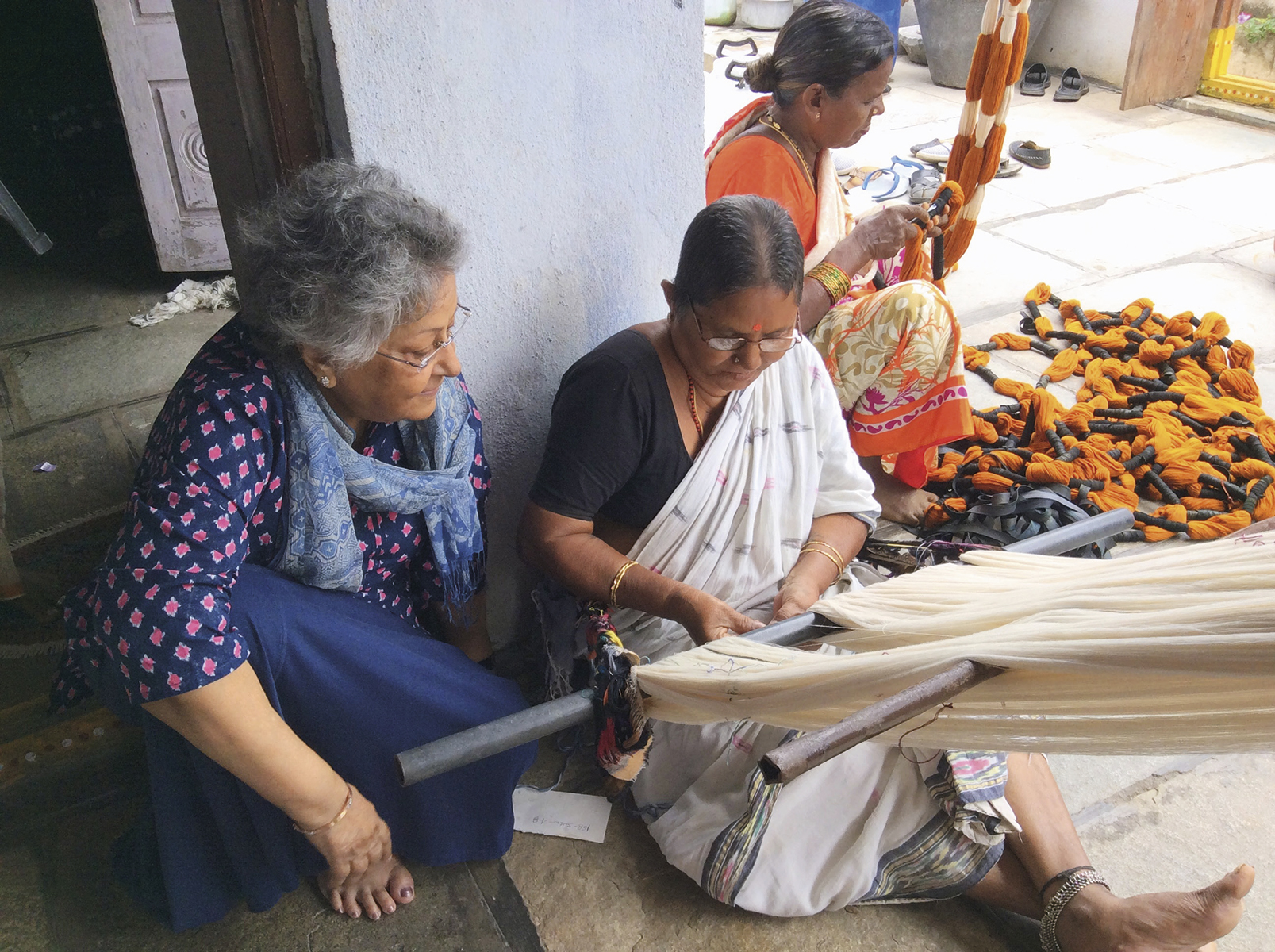
Our Vision
Economic self-sufficiency for the marginalized sections of society.
Our Mission
- Creating sustainable income opportunities for the marginalized to ensure basic living standards for them.
- Creating marketable and globally-competitive products in terms of design, quality and price.
- Encouraging the use of traditional skills.
- Encouraging talent and dexterity of the hand.
- Introducing alternative and appropriate technology.
- Creating contemporary product designs.
- Imparting knowledge to those without traditional skills.
- Preserving dignity of labour.
- Operating in an ethical and Fair Trade ecosystem.
History
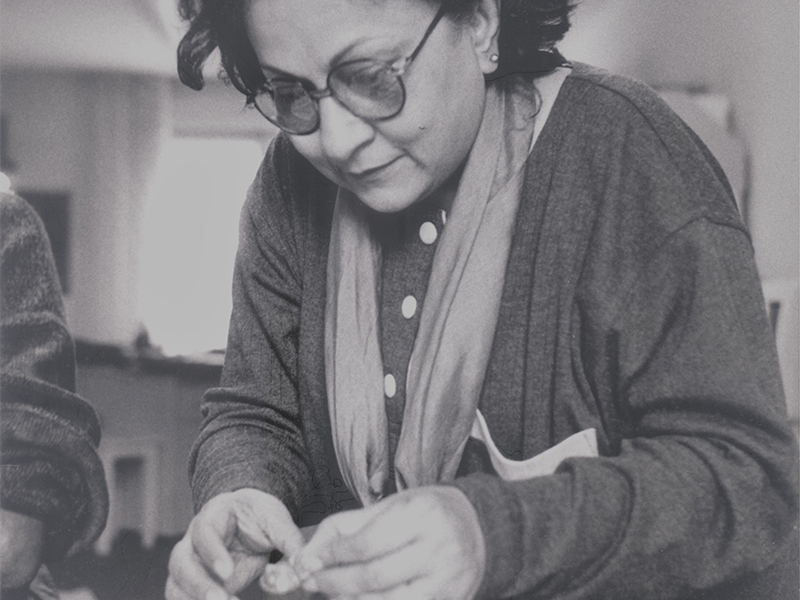

1978
Irani Sen begins working within Fair Trade on socio-economic development of the underprivileged through hand-made tools and medium.
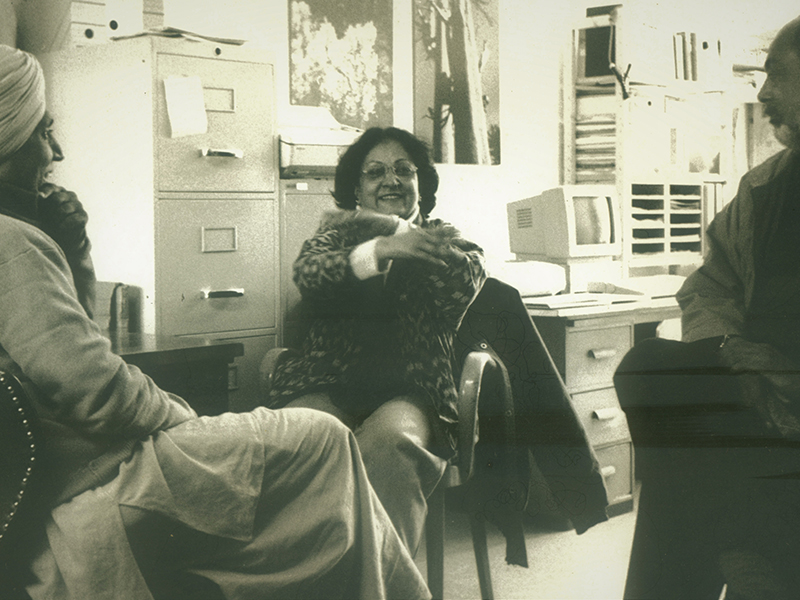

1989
Bernard Muller, project manager of OS-3 (a Fair Trade organisation) and Dorothea Ruesch, a journalist, initiate a project to assist small producer groups in India with financial assistance from Swiss Development Co-operation, with Irani Sen as consultant.
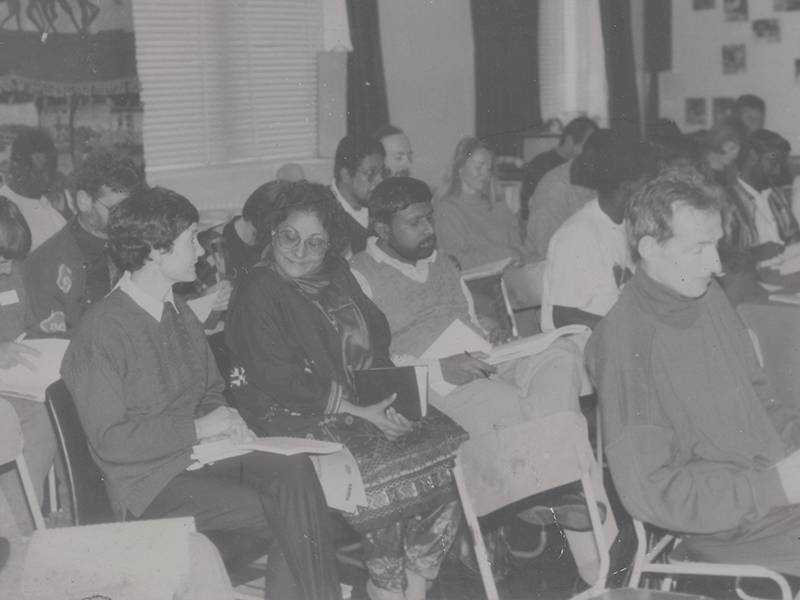

1990
CTM, Italy and EZA, Austria, join the project with financial contributions. Swiss Development Co-operation supports the project by setting up an India co-ordination office. Decision taken to expand the project to Bangladesh, Nepal, Sri Lanka and Pakistan.
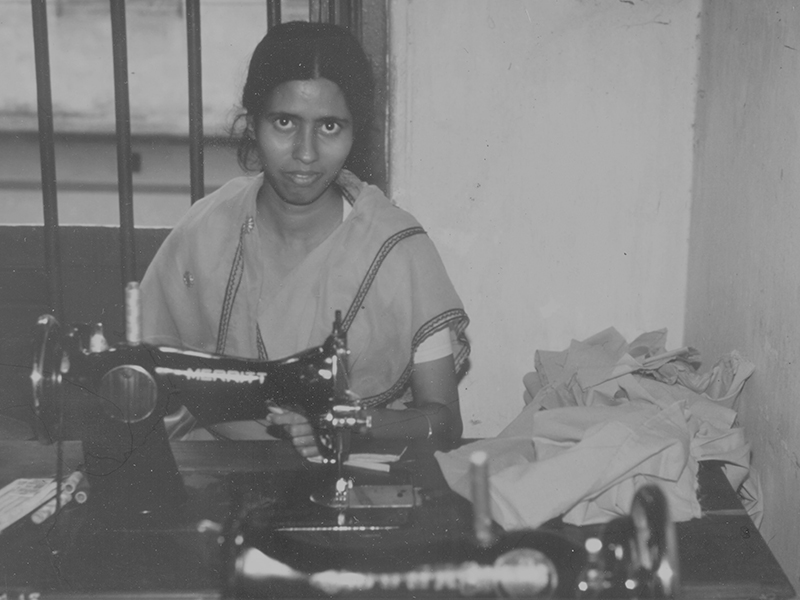

1990
CRC is born. Main objective is to assist small groups of artisans achieve self-sufficiency and empower them to market their products, as per the needs of the Fair Trade buyers. CRC is created as a service initiative for development of crafts and its producers than a marketing organization.
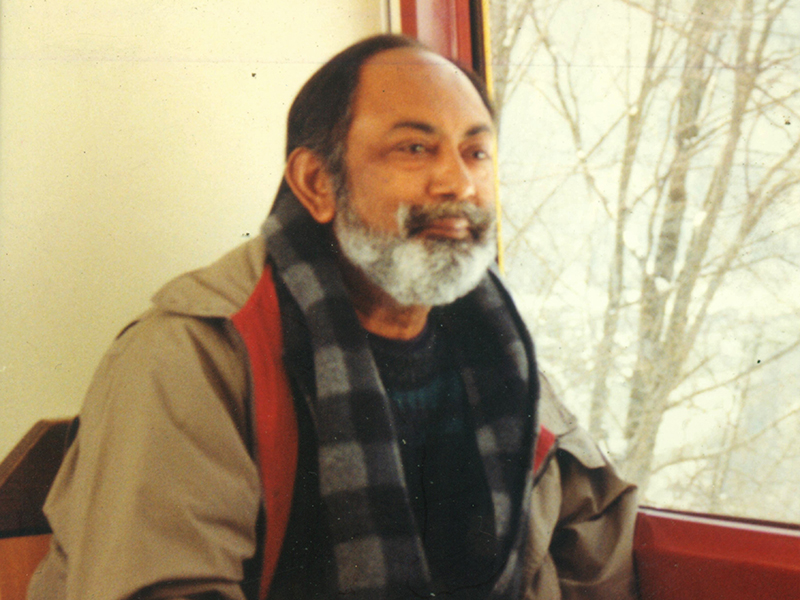

1991
Manoranjan Walia, after 29 years working in corporate India, steps in to advise and assist the export initiative.
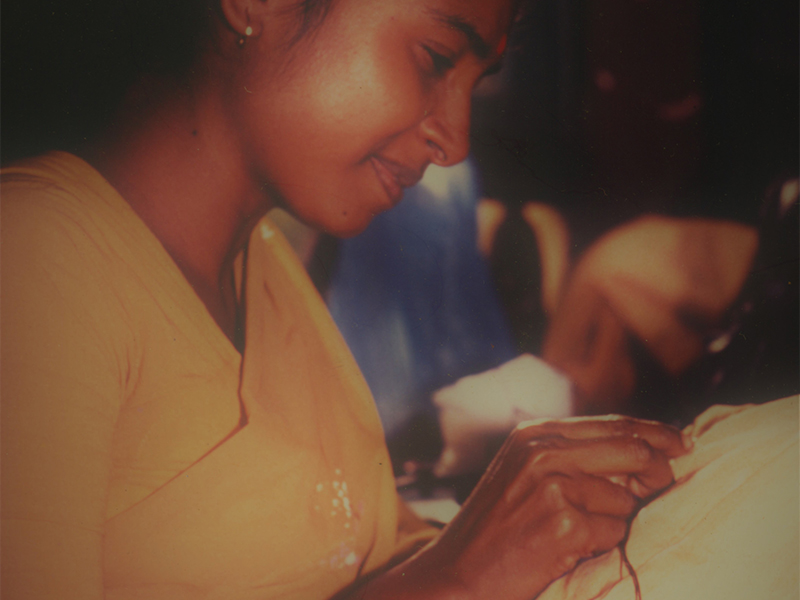

1991
Project succeeds in developing small groups and a product range in silk and leather. First order received from OS-3, valued at CHF 6,600. Project still in its infancy is unable to execute the large export order.
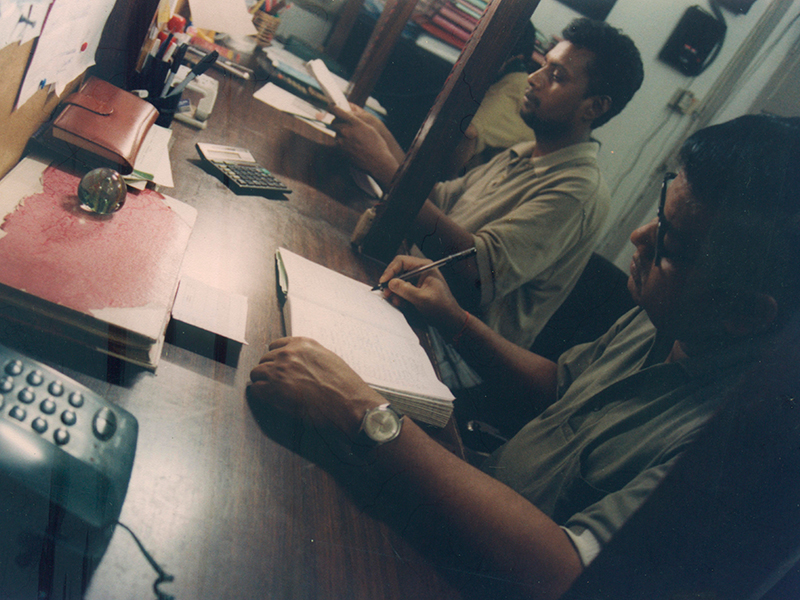

1994
The Swiss project officially ended in 1994 but CRC carried forward its aims and objectives.
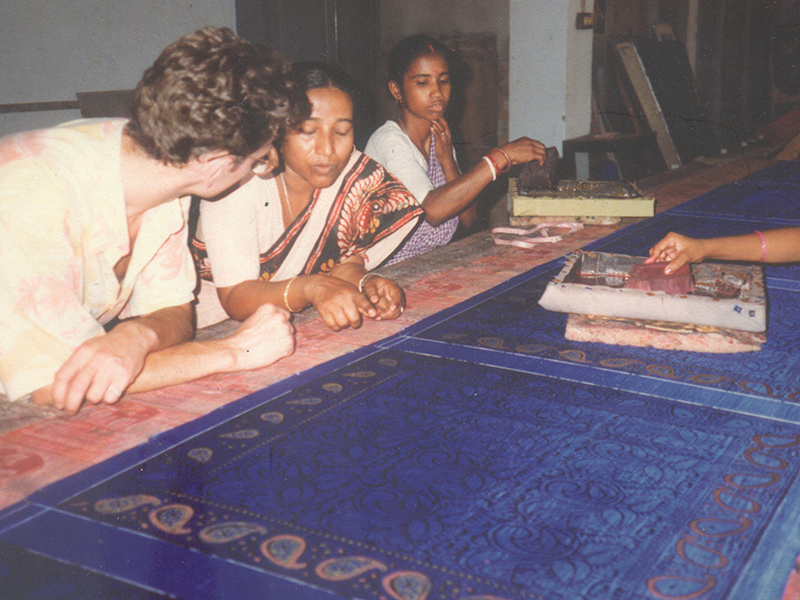

2010
Many small producer groups initiated into the Fair Trade movement are now independent organisations partnering with Fair Trade buyers. They deal with buyers directly, without any CRC intervention.
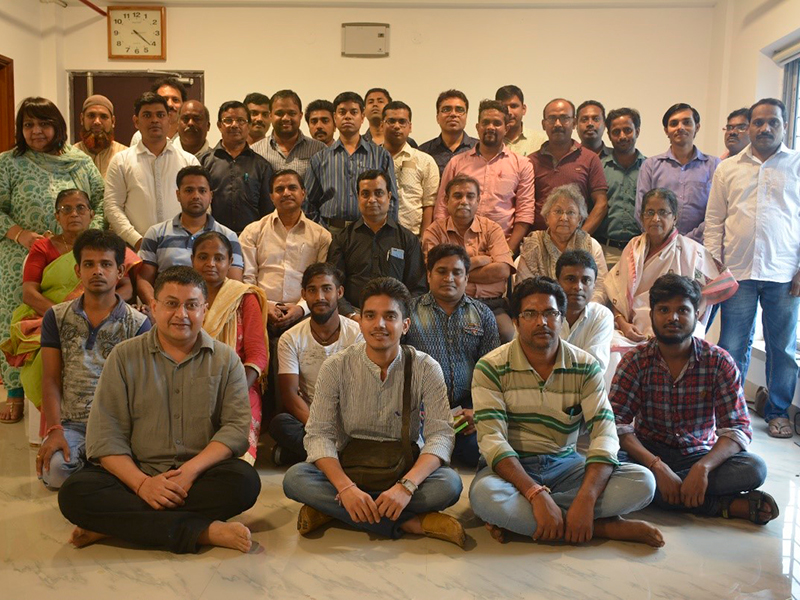

2020
CRC is a self-sustained operation. It has never needed grants or donations for its activities after the conclusion of the Swiss project. CRC believes in practicing what it preaches. It led small producers by example: self-sufficiency even as it embarked on its journey to empower small producers. Today, CRC is a Guaranteed Fair Trade Organisation which is sustainable, ethical, and fair.
